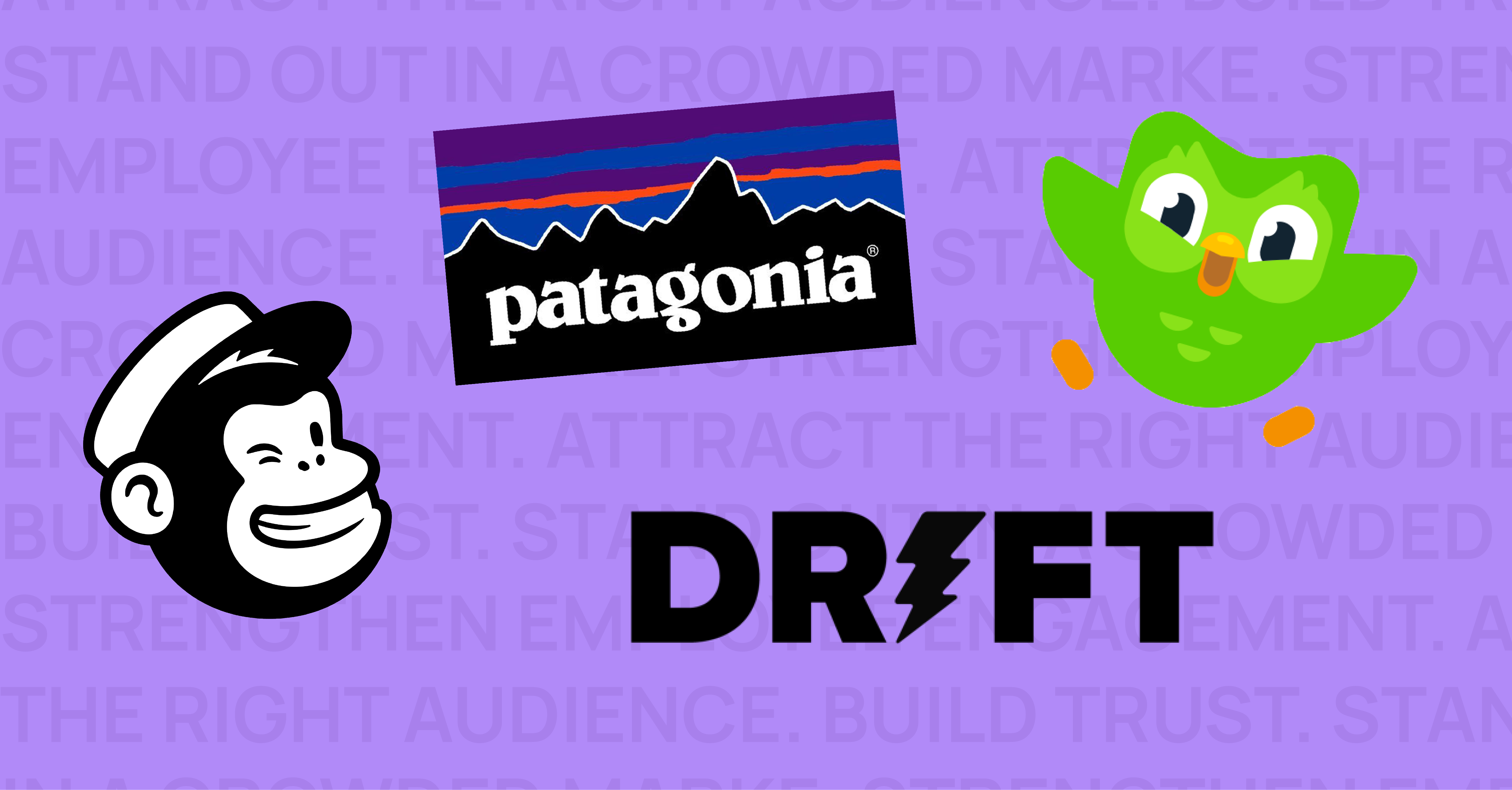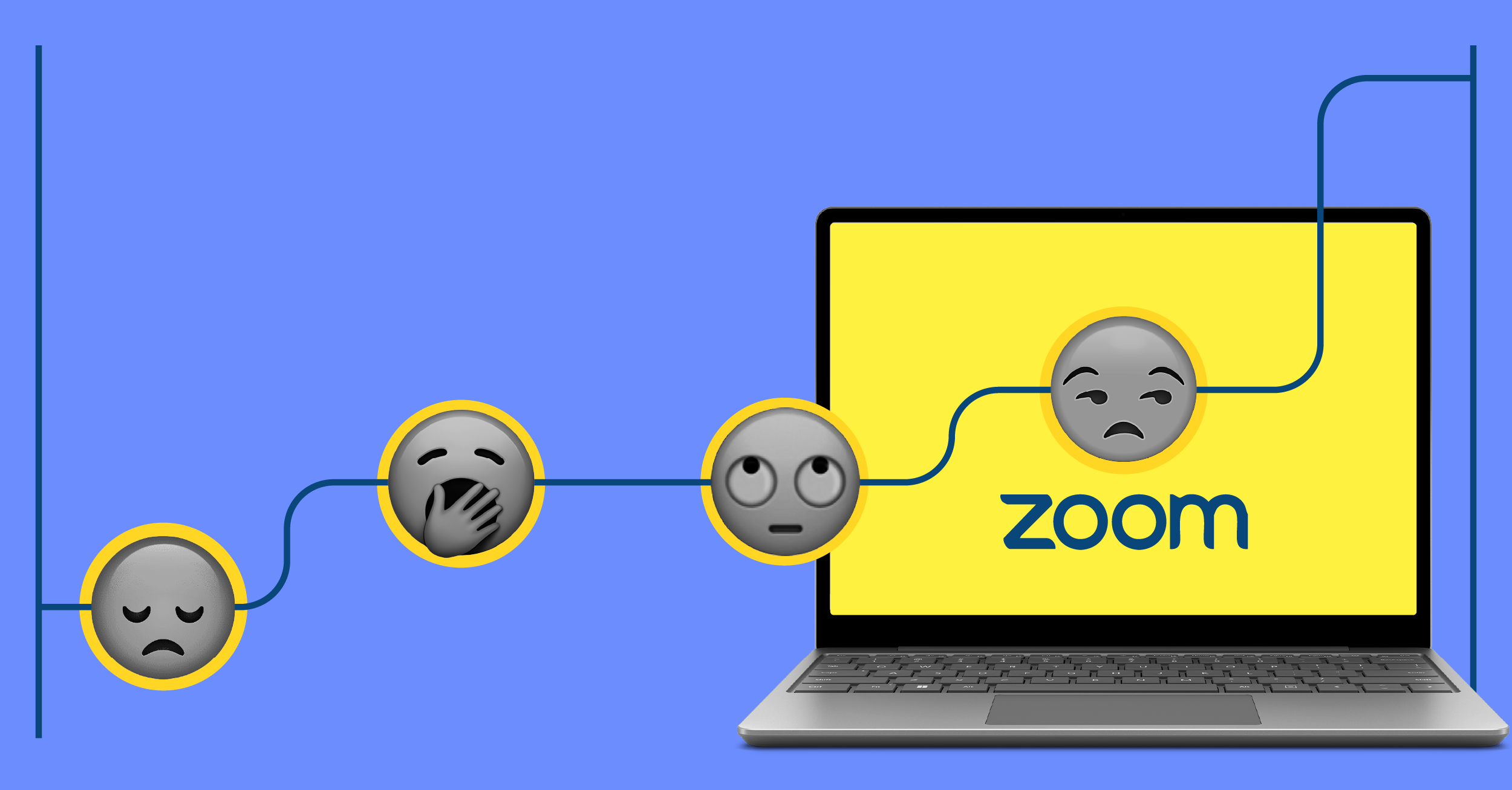In the 20th century, if you wanted to see the best high wire act in the world you went to watch the Flying Wallendas. Their performances were incomparable.
More than 30,000 people watched live in 1970 as the group’s founder, Karl Wallenda, walked across a quarter-mile-cable, 600 feet above the Tallulah Gorge in Georgia. Four years later, Karl set a record distance walk of 1,800 feet. The record stood for 34 years, until it was broken by Karl’s grandson.
The Wallendas’ act included it all — seven-person pyramids, cycling, and impressive distances. But, what made them famous was what they rarely used — safety nets.
What do tightropes and business marketing have in common?
Well, if we’ve learned anything from the 2016 Presidential election cycle, it’s that if businesses want to endorse political platforms and candidates, and specifically President Donald Trump, they do so without a safety net.
Early in this election cycle, JCPenney, Chevrolet and Amazon headlined the companies supporting same-sex marriages, faring favorably, as a result. However, not every business has emerged unscathed for their public stances. Leading up to the election, Kellogg’s pulled advertising from the right-wing website Breitbart News. Similarly, Macy’s removed all Trump-branded products from shelves. In both cases, Trump supporters led boycotts against the brands, resulting in a noticeable hit to stock performance. Trump supporters have conducted similar boycotts of a variety of companies, including Starbucks, Ben & Jerry’s, Oreos, and Netflix.
Most recently, L.L. Bean was pulled into the mix as Linda Bean, the founder’s granddaughter, illegally donated thousands of dollars to a pro-Trump political action committee. The backlash has been swift and strong. Consumers have called for a boycott of the company, and many have joined. In response, the company’s chairman said, “We stay out of politics.” Yet, Trump pulled the company further in by tweeting to buy the company’s goods. L.L. Bean’s attempts to distance itself from Trump have thus far yielded little impact on disgruntled consumers.
Businesses that make political endorsements do so knowing that they could inspire or alienate, and likely both at the same time, a percentage of clients and customers. Given the charged political environment of the country today, it’s clear the stakes are higher than usual and there’s no safety net in the event of a slip-up.
Is that a risk worth taking?



